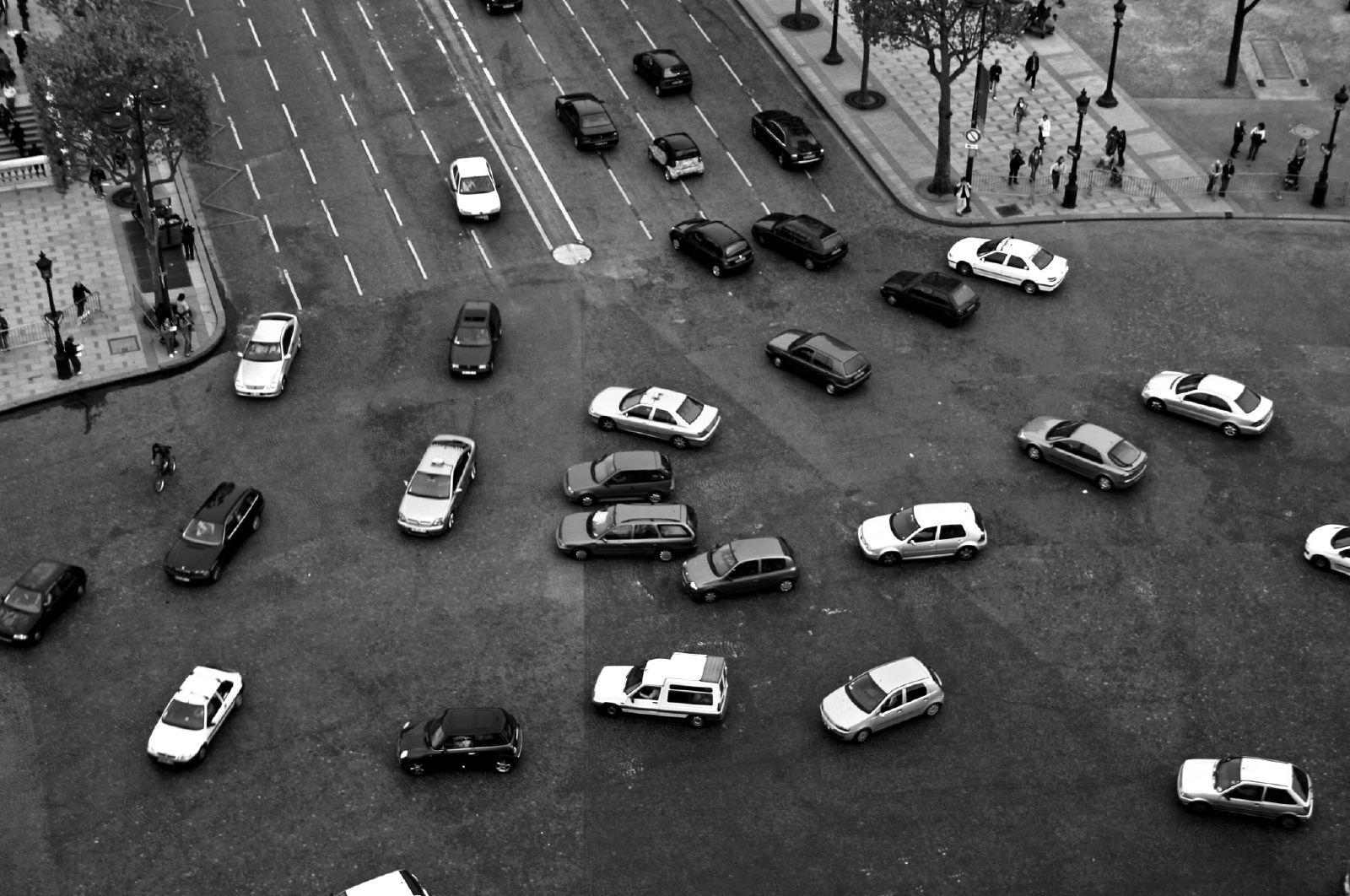- cross-posted to:
- [email protected]
- cross-posted to:
- [email protected]
the car, like a villa by the sea, is only desirable and useful insofar as the masses don’t have one.
I stopped reading there. This flawed axiom will not have a good argument built upon it.
Reducing the dependencies on cars is a great goal to strive towards, but articles like this don’t feel helpful to that end.
I got a little further and have to agree. The author views things through a very narrow scope and in places appears to willingly ignore the idea that some people might own a car just because it’s a good tool to move them and their things from A to B.
The other examples aren’t much better - there are places and situations where a car is a bad means of transportation, so cars are bad. That ‘logic’ is reminiscent of the current badmouthing of electric cars: they have to be charged more often and it takes longer, so they’re clearly inferior to petrol or diesel cars. That line of reasoning is obviously and deeply flawed.
How car-centric (or not) a society should be is certainly debatable, but you generally don’t make a strong point by simply ignoring all the obvious facts that might contradict your personal opinion.
I do believe that cities should be better designed in order to be walkable and have reliable and accessible public transit that connects the world. Likewise north america car dependency and urban planning is a blight. Sunbelt cities which grew up around car planning are awful to navigate compared to the older boned cities where you can just fly/bus/train/drive into and then hoof it on foot.
That said I think I got about as far as you did in the article and it was hard to keep reading because it’s based on such extreme fallacies and then continues to double and triple down on them. This kind of rhetoric either lacks self awareness or is designed just to preach to the choir of your own side. I cant imagine anyone reading this and having their mind changed.





